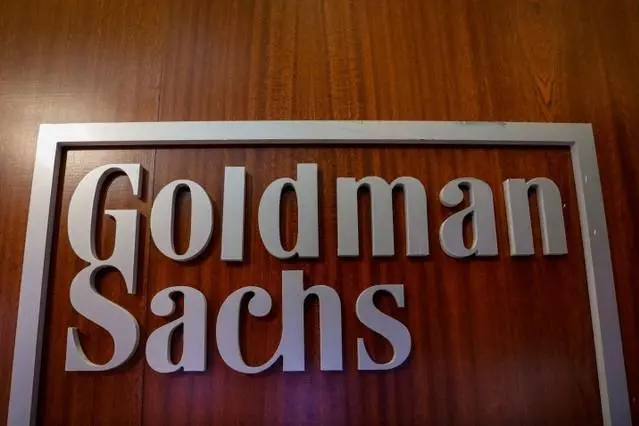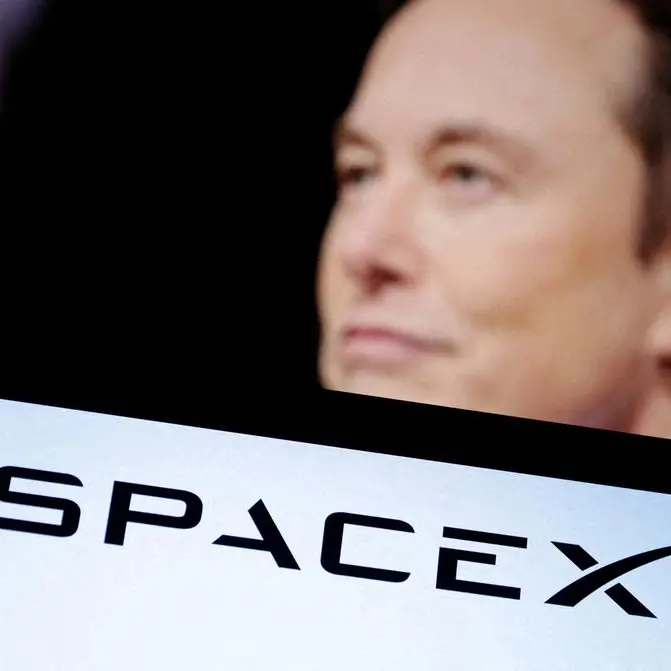PHOTO
(The author is a Reuters Breakingviews columnist. The opinions expressed are his own.)
NEW YORK - The headline number in Goldman Sachs’s settlements on Thursday over the 1MDB bribery scandal is the $3 billion or so it agreed to pay to regulators from Washington to Hong Kong. There’s a smaller number, though, that’s arguably much more significant. Goldman plans to claw back around $174 million from current and former executives. The catch is that not all the money is still within the firm's control.
Goldman last year tweaked some awards granted almost a decade ago so it could hold back payments depending on how the Malaysian 1MDB saga panned out. The recipients include Chief Executive David Solomon’s predecessor Lloyd Blankfein. Another who has already cashed out is former Chief Operating Officer Gary Cohn. Goldman says it is in talks to recover past payments to a retired executive – that's Cohn, according to the Wall Street Journal.
Cohn is, in theory, beyond the reach of Goldman’s clawback. He cut direct ties when he left the firm in 2017 to head President Donald Trump's National Economic Council. As is normal with the revolving door to D.C. – partly for the valid reason that it avoids future conflicts of interest – he was paid out in full. Cohn's 2011 award was worth $12.9 million according to a 2017 proxy filing, just a small part of an overall cash payout of around $65 million.
All of these numbers are a pittance next to the $5 billion or so that investors have forgone as a result of 1MDB. But there's a principle at stake, because a shift to the White House or any government position shouldn’t allow a former top executive to escape past sins. While the retired Goldmanites weren’t directly involved in the 1MDB scandal, they ran the company during the time when rogue employees went undetected.
Cohn, meanwhile, is still trading on his contacts and reputation. Last month a blank-check company he is backing raised $720 million in an initial public offering and the sponsors, including Cohn, could collect as much as 20% of that amount as compensation. Against that backdrop, it wouldn't cost him much to do the right thing. Next time an executive heads for the revolving door, though, Goldman should make sure it isn't up for debate.
CONTEXT NEWS
- Goldman Sachs said on Oct. 22 that it would partially claw back compensation awarded to current and former executives. The clawbacks relate to the Wall Street firm's role in Malaysia’s 1MDB bribery scandal. On the same day, Goldman agreed to pay over $3 billion to various global regulators to settle allegations over the saga.
- The firm is recouping $174 million of pay in total, including a $31 million cut to the compensation of Chief Executive David Solomon and two of his deputies. It is also seeking $76 million from three former employees directly implicated in the scandal.
- In 2019, Goldman adjusted the terms of a long-term award from 2011 so that it could claw back some of the amounts pending the results of the 1MDB probes. The recipients of that award included Solomon’s predecessor Lloyd Blankfein, and then-Chief Operating Officer Gary Cohn.
- Cohn cashed in his incentives when he left Goldman at the end of 2016 to lead the National Economic Council at the White House. At the time he received cash payments totaling roughly $65 million, according to the firm’s 2017 proxy filing. The 2011 award was then valued at $12.9 million.
- Goldman said on Oct. 22 that of the two recipients who had received their 2011 award, one has agreed to return the majority, and the other was “in active talks” with the firm.
(The author is a Reuters Breakingviews columnist. The opinions expressed are his own.)
(Editing by Richard Beales and Karen Kwok) ((john.foley@thomsonreuters.com; Reuters Messaging: john.foley.thomsonreuters.com@reuters.net))





















